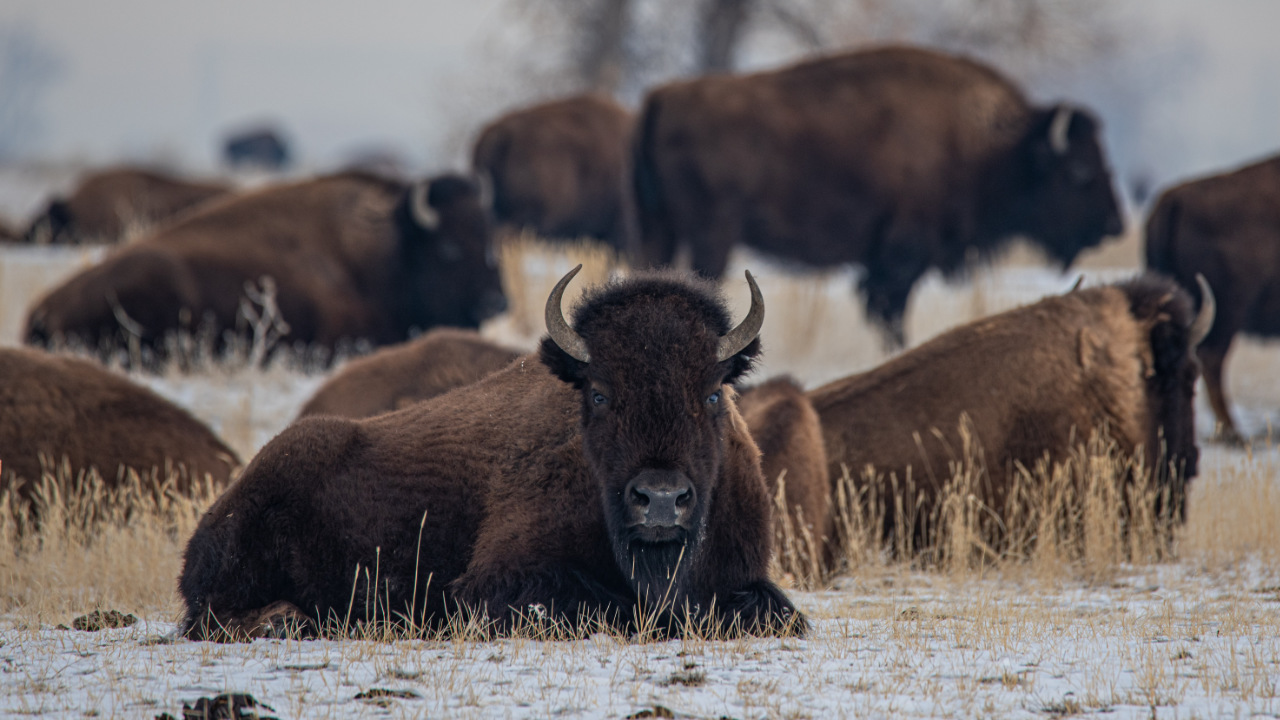Atlas of ungulate migration
The world's first ungulate migration atlas will be created by an international team of scientists and ecologists. PAS Mammal Research Institute in Białowieża has joined this initiative. The project is featured in the latest issue of Science.

The project aims to collect data on ungulate (hooved mammals) migration routes. The obtained tracking data will be used to create detailed migration maps, which in turn will help governments, planners, conservationists or local communities to identify present and future threats to migrating animals.
Migratory species depend on many different habitats. They move seasonally either to find better food supplies or a suitable place to breed and raise their young. Migration of ungulates is a fundamental ecological process that promotes abundant herds of both migrating animals and other large carnivores dependent on the seasonal aggregation of hooved mammals in their territory. The migrations of ungulates are also important for indigenous people and local communities, which having been dependent on these animals for thousands of years, have made them part of their cultural traditions.
Animals know no borders
The international consortium that will lead the project has established cooperation with the UN CMS Secretariat, which is the coordinating body of the Convention for the Conservation of Migratory Species of Wild Animals (CMS). The Convention provides a platform for the conservation and sustainable use of terrestrial, aquatic and avian migratory animals and their habitats. CMS brings together over 132 countries to meet the protection needs of migratory species. A global migration atlas will be based on scientific data collected for a long time by researchers from various continents.
“Ungulate migrations are disappearing at an alarming rate. Efforts by wildlife managers and conservationists are thwarted by a singular challenge: Most ungulate migrations have never been mapped in sufficient detail to guide effective conservation. Without a strategic and collaborative effort, may of the world’s great migrations will continue to be truncated, severed, or lost in the coming decades. Fortunately, a combination of animal tracking datasets, historical records, and local and indigenous knowledge can form the basis for a global atlas of migrations, designed to support conservation action and policy at local, national and international levels,” write the authors of the article in Science magazine.
See the article „Mapping out a future for ungulate migrations” for more details.
Source of information: PAS Mammal Research Institute
